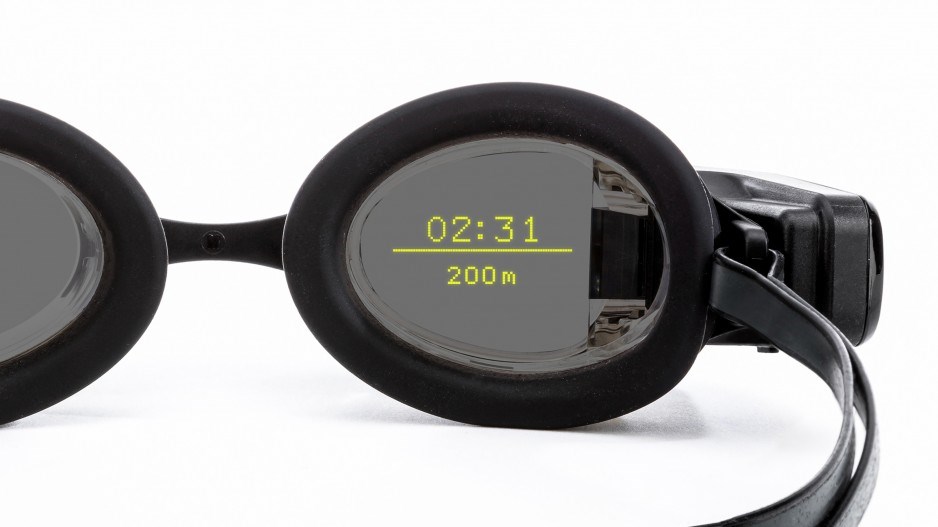There’s no glut of PlayStation 5 consoles lining store shelves ahead of the holiday shopping season. And instead of being driven off dealerships in droves, supplies of new cars have been dwindling as auto giants taper production.
A global shortage of semiconductors – chips critical to the function of electronic components embedded within everything from smartphones to vehicles – has rattled supply chains much of the year. Even Apple Inc. (Nasdaq:AAPL) fell victim to this with Bloomberg News reporting earlier this month the tech giant would have to curtail production on its latest iPhones by up to 10 million units due to ongoing chip shortages.
The uncertainty generated by these shortages has left B.C. companies to carefully navigate the supply-chain pinch.
“It’s affecting all of us,” said Dan Eisenhardt, CEO and founder of Vancouver-based Form Athletica Inc.
“Not just semiconductors but any kind of component supply from both the capacity perspective with production as the economy’s coming back online, so to speak, but also freight. And so those are both things that are impacting the lead times.”
Form is best known for developing the hardware and software behind augmented reality goggles for swimming. The goggles, which are manufactured in Taiwan, display swimmers’ real-time metrics, such as stroke rate, as well as providing exercise instructions.
Eisenhardt said it has required careful planning to ensure the company has not fallen victim to a “shock effect” in which there is a lag between component deliveries during the manufacturing process.
“Overnight you’re like,… ‘We’re not going to get those deliveries and then the [production] lines are going to be down because we have one part that hasn’t arrived,’” he said. “That’s the horror scenario.”
B.C. is home to semiconductor manufacturer Redlen Technologies Inc., which was acquired last month by Japanese multinational Canon Inc. (TYO:7751) in a deal that pegged the local company’s value at just north of $400 million.
Its chips are produced for medical imaging and baggage scanning rather than for personal electronics or new vehicles.
But Redlen CEO Glenn Bindley said the Canon acquisition will play a key role in ensuring that sectors dependent on its chips won’t face shortages of their own.
“Canon is specifically funding our scale-up,” he said. “Plus, we would also expect to be able to leverage Canon’s extensive supply chain to have better priority in sourcing components than we do now.”
The new parent company is fully on board with Redlen’s $40 million plan to double its 50,000-square-foot manufacturing facility outside of downtown Victoria.
Meanwhile, Redlen will be expanding its headcount to 450 workers from 200 by 2025 as it hires everything from experts in automation to product engineering.
While B.C. is not known for being an auto-manufacturing hotbed, Vancouver-based Damon Motors Inc. revealed earlier this month that it would be building a 110,000-square-foot manufacturing plant in Surrey capable of producing 40,000 electric motorbikes a year.
CEO Jay Giraud estimated revenue would be close to $1 billion by 2025, when another manufacturing plant in Latin America is also expected to launch. By then, the B.C. company expects to be producing 100,000 electric motorbikes annually.
“We anticipate the chip shortage will be temporary,” Giraud told BIV, adding that the company’s electric motorbikes use “a small fraction” of chips compared with electric-vehicle cars.
“Also, our direct-to-consumer model allows us to pay a slight premium to get preferential supply.”
On the consumer side of vehicles, Dimitri Kotsalis, vice-president of regional operations for OpenRoad Auto Group Ltd., said the production bottlenecks on new cars have forced dealers to pivot.
“The chip shortage … is obviously taking a big bite out of new car sales,” he said.
Data from DesRosiers Automotive Consultants Inc. shows national auto sales were down 19.6% in September compared with a year earlier.
“We’ve moved to a waiting list on a lot of different products and that in turn has caused a shortage on the pre-owned side,” Kotsalis said, adding he’s hopeful that production will return to a semblance of normalcy by early 2023.
Eisenhardt, meanwhile, said there’s a potential for the semiconductor shortage to resolve itself even sooner – perhaps within the next six to nine months.
“We tend to be often too optimistic about lead times before sort of a crisis and too pessimistic when you’re in the crisis,” he said.




